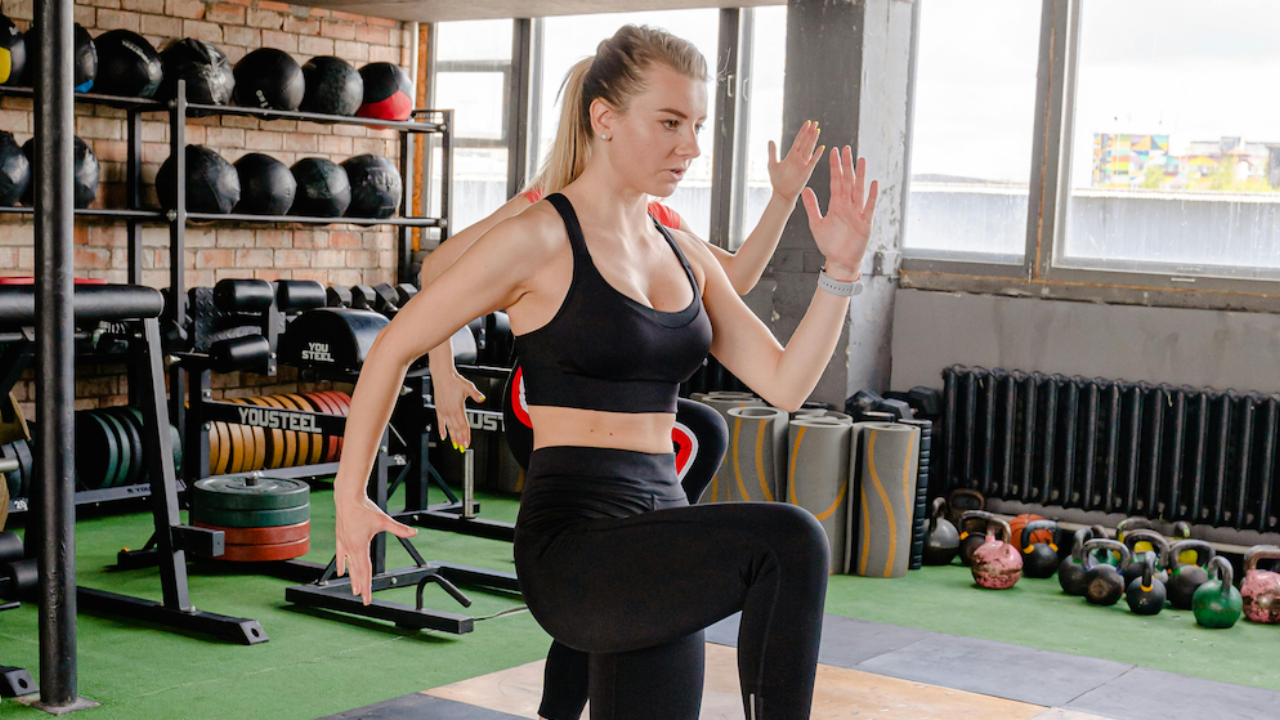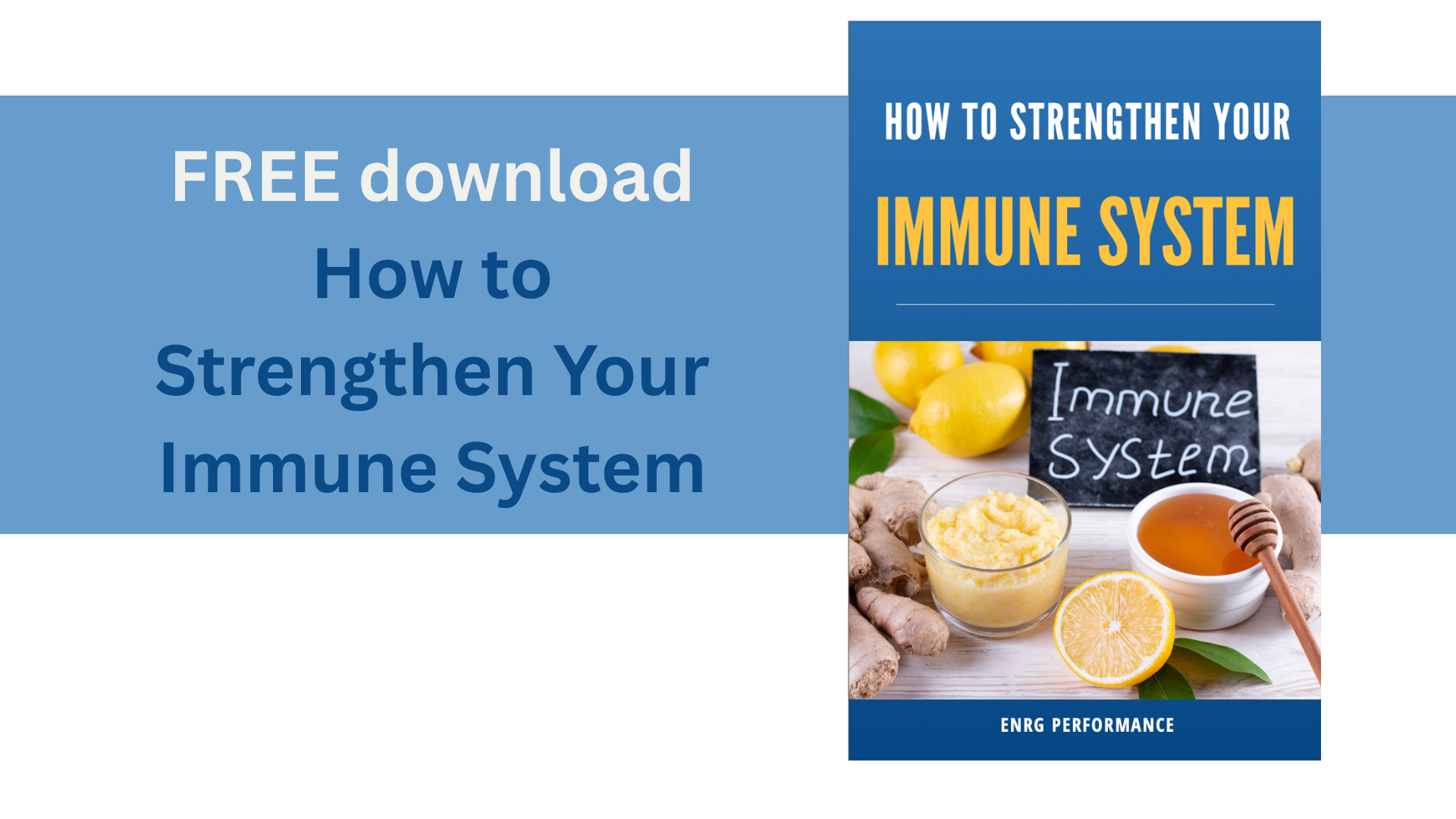Inflammaging, Health and Sport
Aug 01, 2023
As we grow into our master's years of being athletic, we need to adapt our daily nutrition plans to support our ever-changing biological needs. While there are many things that happen throughout the aging continuum that affect the functional systems of the body, one of the highest-priority health challenges we face and should immediately address is inflammaging.
If you haven’t heard of inflammaging, don’t fret as not many people have. While not a new topic in the health and nutrition field, it is definitely a topic that warrants a discussion. Inflammaging is an age-related increase in pro-inflammatory markers in the body which causes a dysfunction in immune functioning and is a strong risk factor for multiple disease states. Remember, the body does have anti-inflammatory processes inside of it to handle some inflammation but when pushed over the edge, the body simply cannot handle it anymore.
We are all getting older and it doesn’t matter if you are in your twenties or seventies, you absolutely need to be concerned about this gradual increase in inflammation because it is a cornerstone of so many chronic diseases.
The great news, from a nutrition perspective at least, is that there are some simple strategies that you can employ to help reduce the inflammation process throughout the aging continuum and reduce the severity of inflammaging. Before I mention those, please know that whenever you engage in making any shift in your daily nutrition plan, it is a change in behavior and you should allow yourself a minimum of 3-4 weeks to implement the changes slowly into your lifestyle. Doing this will ensure greater success down the road months and years from now. Here are some simple nutrition changes you can make to reduce inflammation and slow the inflammaging process.
1. Significantly reduce foods with added sugars. Look on the nutrition facts label for the “added sugars” row. These should be less than 8 grams per serving, lower if possible.
2. Eat higher-fiber foods which include vegetables, fruit, whole grains, nuts and seeds. Aim for 25-35 grams of fiber per day and spread this throughout the day so you digestive system doesn’t get too shocked with a huge amount of fiber at one time.
3. If you eat fish, be sure to choose those lower in mercury such as salmon, trout, herring and sardines.
4. Consider taking an Omega-3 supplement, that is third-party tested by either NSF Certified for Sport or Informed Sport Certified.
By following these three steps throughout the week, you will begin to control the inflammation in your body and you may just feel like you recover faster from exercise and have more energy throughout the day.
If you would like to learn much more about nutrition, health and aging, please check out my newest learning program, “Nutrition and Longevity”. This 8-week program is a great way to take control of your health throughout the aging continuum and via my education, implementation and transformation steps.
As always, please email me if you have any questions.
SUBSCRIBE AND WE WILL DROP SOME HEALTHY INSPIRATION IN YOUR INBOX
We hate SPAM. We will never sell your information, for any reason.







